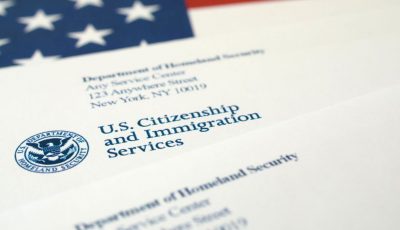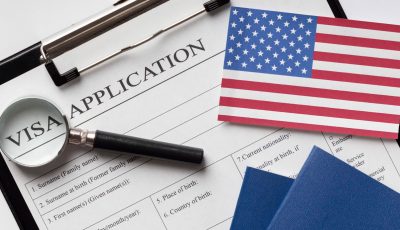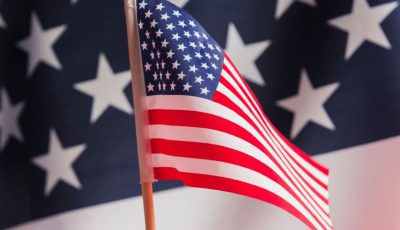Chamber grateful to USCIS for easing CW-1 extension rule
The Saipan Chamber of Commerce appreciates U.S. Citizenship and Immigration Services’ recent announcement that it will consider certain CW-1 petitions seeking an extension of status for temporary workers present in the CNMI to be filed on time even if USCIS receives them after the worker’s current period of CW-1 petition validity expires.
“The Saipan Chamber of Commerce, along with many workers, their families, children, and employers, is very pleased with the recent filing guidance issued by the USCIS for CW-1 petitions,” said Chamber president Joe Guerrero.
He added that USCIS giving consideration to the filing of CW-1 petitions was a result of the effective collaboration and discussions among Gov. Ralph DLG Torres, the Governor’s Council of Economic Advisors, the Saipan Chamber of Commerce, Delegate Gregorio Kilili C. Sablan, and USCIS.
“The Chamber is grateful for all the time and efforts of everyone who made this possible. This same group is also working on other CW-1 visa program challenges and access to a workforce that the CNMI clearly needs at this time to rebuild its economy,” he added.
USCIS’ announcement temporarily eases the implementation of the touchback rule, which affects certain CW-1 workers who are required to exit the Commonwealth for 30 days before their employers can even apply for their renewals.
For foreign worker advocate Malou Berueco, the touchback rule doesn’t only hurt affected CW-1 workers but is also damaging to businesses that employ them. She said the CNMI currently doesn’t have enough skilled workers like welders, auto painters, and bodybuilders, among others.
“Are there locals who want to work as farmers or heavy equipment operators?” she asked in Filipino, adding that a month, two months, or even three months is not enough time to train skilled workers or even nurses.
If possible, Berueco wants the touchback rule scrapped altogether and, if not, just limit CW-1 workers who are affected by the rule to those who first came to the CNMI to work in 2019.
“There’s already [Temporary Labor Certification], there’s also [Job Vacancy Announcements]. …There’s just not enough manpower on island for us to revive the economy. …They should just scrap or delete the touchback rule and push for H.R. 560.”
H.R. 560 seeks to grant permanent residency status in the Marianas to certain CW-1 workers and to foreign investors admitted under Commonwealth immigration law.
In a statement with a release date of Oct. 18 2022, that was posted on the USCIS website, it said that USCIS is providing this limited accommodation to facilitate the current TLC processing delays in the U.S. Department of Labor. In essence, USCIS is saying it would not consider certain petitions to renew CW-1 visas late if the petitions had been held up by the backlog at U.S. Labor.
Normally, under Department of Homeland Security regulations, an employer may only file a CW-1 petition on behalf of a worker present in the CNMI if the worker is lawfully present in the CNMI, and USCIS will not approve an extension of nonimmigrant status if the worker’s nonimmigrant status expired before the petition is filed. Under statutory requirements and DHS and DOL regulations, CW-1 petitions must include an approved TLC.
However, USCIS has the discretionary authority to excuse a late filing for extension of status petitions in limited circumstances. USCIS has determined that it is appropriate to exercise such authority to excuse late filings of CW-1 petitions (petitions USCIS receives after the current CW-1 status expires) by employers in the CNMI.



























